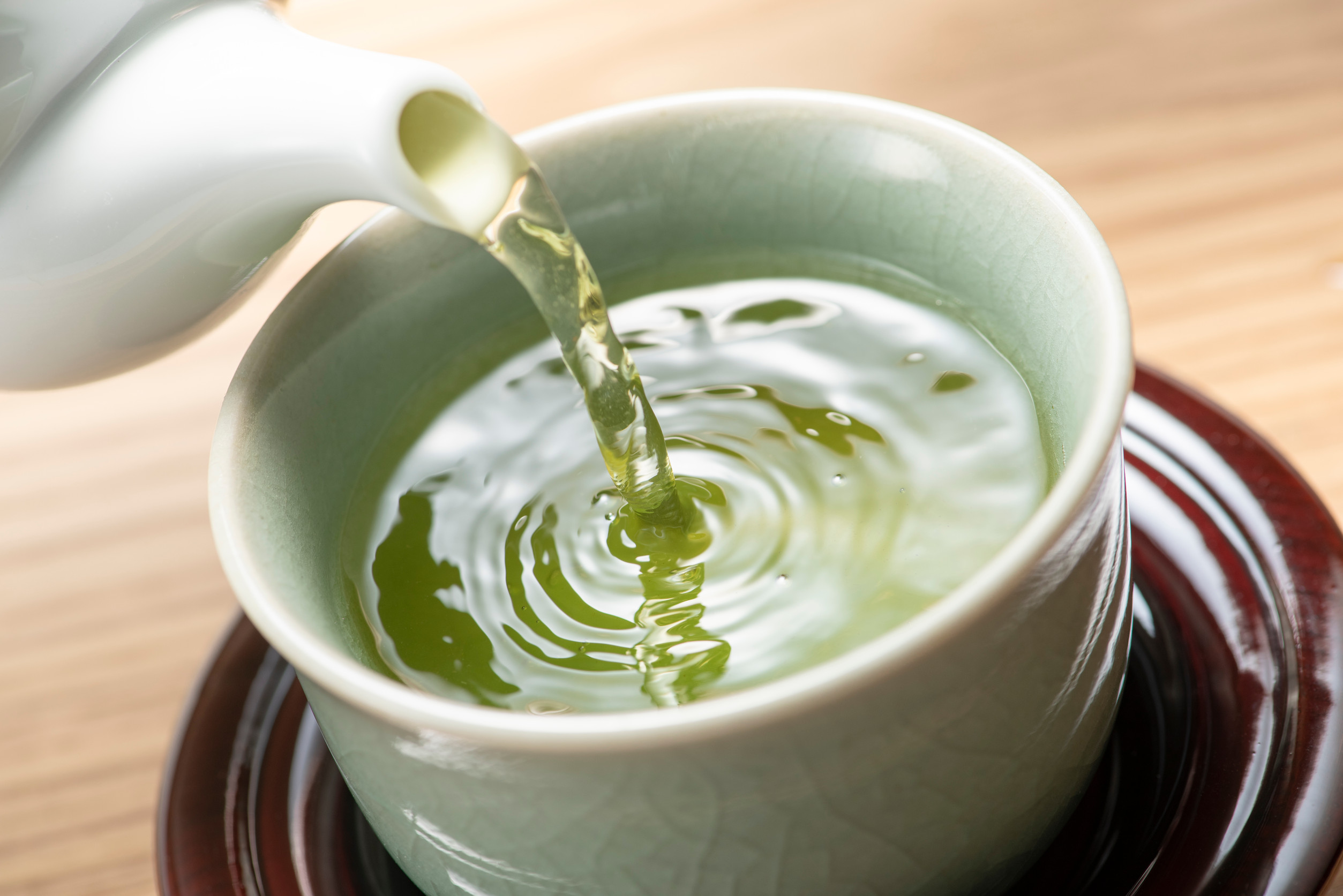BY THE OPTIMIST DAILY EDITORIAL TEAM
If you need another reason to reach for that soothing cup of green tea, here it is: a new study suggests that drinking green tea daily is associated with fewer brain lesions—changes in the brain that are linked to an increased risk of dementia.
The study: how green tea connects to brain health
Researchers from various institutions across Japan analyzed data from 8,766 volunteers over the age of 65, collected between 2016 and 2018. The team examined self-reported green tea and coffee consumption alongside MRI brain scans to assess the overall brain volume and features of five different brain regions.
The results? A striking association between higher green tea intake and fewer white matter lesions—small brain abnormalities that can interfere with cognitive function and increase dementia risk.
“This cross-sectional study found a significant association between lower cerebral white matter lesions and higher green tea consumption, but not coffee consumption, in older adults without dementia, even after adjusting for confounding factors,” the researchers wrote in their published paper.
More green tea, fewer brain lesions
The data showed a clear trend: participants who drank three cups of green tea per day had three percent fewer white matter lesions compared to those who drank just one cup daily. Even more impressive, those who consumed seven to eight cups per day had six percent fewer lesions than those drinking a single cup per day.
While the study does not prove direct cause and effect—only a correlation—it does suggest that green tea could play a role in brain health, particularly in preventing the kind of brain damage linked to dementia.
What makes green tea so powerful?
Green tea is packed with antioxidant compounds called catechins, which help reduce inflammation and oxidative stress—both of which are linked to neurodegenerative diseases. Unlike coffee, green tea contains less caffeine, which may also contribute to better cardiovascular health. Since previous studies have linked lower blood pressure to a reduced risk of dementia, the cardiovascular benefits of green tea could be part of the reason for its impact on white matter lesions.
Limits of the study and future research
While the findings are promising, there are some important caveats. Green tea consumption didn’t seem to impact hippocampal or total brain volume—two other markers of cognitive decline. It also didn’t make a significant difference for individuals with diagnosed depression or those carrying the APOE4 gene, which is strongly associated with Alzheimer’s disease.
Another limitation is that the study participants were exclusively Japanese, meaning that genetic and lifestyle factors may have influenced the results. The researchers emphasize the need for future studies that analyze a broader and more diverse population.
“Our findings indicate that drinking green tea, especially three or more glasses per day, may help prevent dementia,” the study authors noted. “Nevertheless, further prospective longitudinal studies and basic research are needed to validate our results.”
Should you start drinking more green tea?
While scientists continue to explore the full extent of green tea’s benefits, there’s little downside to adding an extra cup or two to your daily routine. The potential brain-boosting benefits, combined with green tea’s well-documented effects on weight management, heart health, and cancer-fighting properties, make it a strong contender for the healthiest drink in your kitchen.
So, if you’re looking for a simple and delicious way to support your brain health, it might be time to steep another cup of green tea.
Source study: NPJ Science of Food— Green tea consumption and cerebral white matter lesions in community-dwelling older adults without dementia











